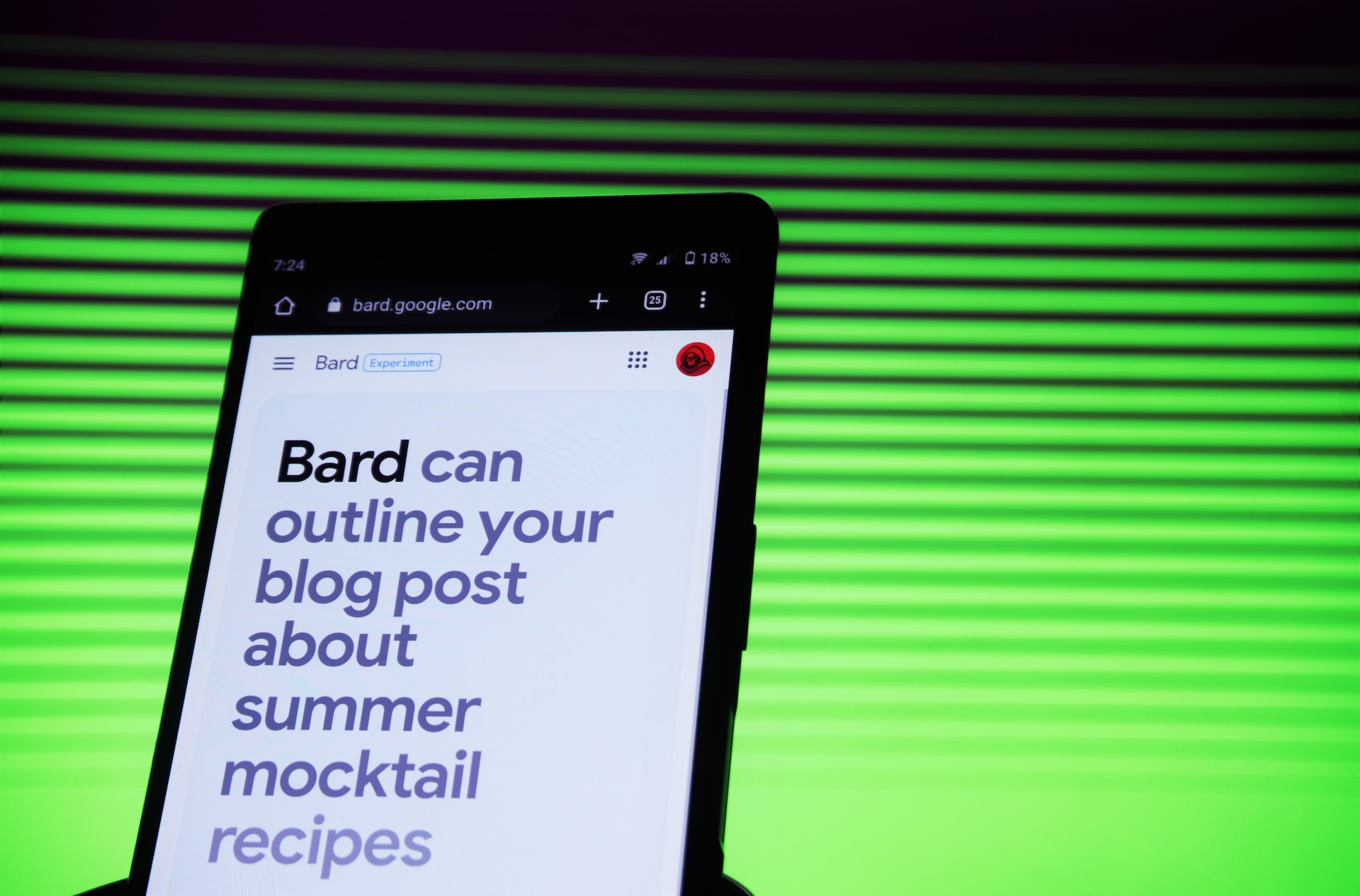What Skills Will Marketers Need in The Future?

Thomas Peham, VP of Marketing at enterprise CMS Storyblok, looks at the new skills marketers will need to acquire to future-proof their careers
One of the reasons I love marketing is that it’s a dynamic industry which constantly throws up new challenges and opportunities. We’re essentially in an arms race with consumers – their preferences and expectations are always on the move, and we need to use technology and new techniques to keep up. This is why the best marketers are those who keep on top of the latest trends and constantly upskill themselves to adapt.
However, there are only so many hours in the day, so prioritising the right skills is just as important as having the mentality to want to learn. With that in mind, I have identified the key areas I believe marketers will need over the next decade. This is just as important for marketers who are starting out in their careers as it is for pros who are looking to make themselves future-proof.
MULTI-PLATFORM EXPERTS
Many marketers have carved out successful careers for themselves by becoming experts on a particular tech platform or stack. While these specialists will continue to play an important role, there will be an increased demand for generalists – marketers who have the ability to quickly learn and effectively use multiple solutions.
The reason is simple, monolithic architecture is giving way to composable solutions. Nearly every brand will end up using a number of smaller solutions tailored to their specific needs. Luckily, hand-in-hand with this proliferation of solutions is an increasing focus on more intuitive and easier design to enable non-technical users to use complex solutions. Storyblok, for example, was built to empower marketers by reducing their reliance on IT departments to fulfil technical requests.
So how can you upskill yourself as a generalist? While not a ‘skill’ per se, having knowledge of and experience using a wide range of technical solutions will enable you to adapt to new platforms faster.
3D THINKERS
The next few years will see huge growth in virtual and augmented reality experiences. New devices from Meta and Apple underscore how quickly technology is developing. Add into the mix, the capacity for generative AI to instantly create immersive content and you can quickly see how this is going to catapult the majority of digital marketing into the third dimension. This opens the door to a mind-boggling number of ways for brands to engage customers and create compelling experiences. The best marketers will be able to take creative advantage of this new medium by telling innovative stories. Marketers will increasingly become authors and designers of new virtual worlds.
Skills-wise, as well as being able to use VR development platforms, marketers can use other mediums for inspiration. Understanding the rules around filmmaking, photography, writing and design will be a great way to get a foundational knowledge of how stories and shots can be constructed.
DATA FRIENDLY
Data has always been crucial to marketing but in the past few years advances in analytics have meant that it has now become a fundamental aspect of marketing personalisation and optimisation. The role data plays is only going to get bigger as the sources of customer information available continue to grow in volume and complexity.
One area where we are going to see a lot of progress is in predictive analytics – using data science to project the results of a course of action. For marketers, this will be used to assess the likely impact of a campaign before it is launched. However, any good data scientist will tell you that the answers you get from complex analytics are only as good as the questions you ask. To be able to do this, marketers will need to have a foundational knowledge of data analytics. Not only will this be crucial in getting the most out of their data, but it is also necessary to understand the limitations of analytics, verify results, and apply what the numbers might tell you in a meaningful way.
GENERATIVE AI ENGINEERS
Generative AI might seem like the death knell for specialists such as copywriters, but the reality will be very different. Humans will still need to provide oversight and use their creativity and experience to get the most out of AI. For example, future copywriters will adapt their knowledge to become prompt engineers to generate the most compelling copy out of tools like ChatGPT. In a similar vein, email marketers will need to leverage their knowledge to design the best personalised automated journeys. Practically speaking, the future marketer will need to be skilled in a range of AI tools. They should be able to use them creatively to both increase their day-to-day efficiency and maximise the impact of their work.
OMNICHANNEL EXPERTS
The marketing landscape is going to continue to fracture in the coming years, with the number of channels, devices, and experiences available to consumers continuing to grow. Companies will need to be able to monitor and analyse all of these touchpoints to understand and be able to effectively engage with their customers. Experts have been talking about the value of omnichannel marketing for a while, but such is the gap between online and offline experiences that implementing a fully holistic campaign is beyond the grasp of many marketers. Improving data collection and analysis techniques, more advanced martech, and the capacity of VR/AR to bridge the offline and online gap will make truly omnichannel experiences.
Designing and executing these complex campaigns will require marketers with the ability to see the big picture – understanding customer expectations, desires, and behaviour at every touchpoint. In essence, they will need to acquire and leverage all the skills I have listed above to become true omnichannel marketers.


